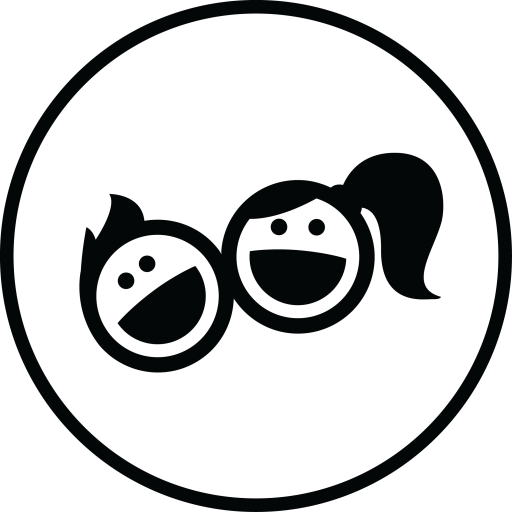EYLF Outcomes
Early Years Learning Framework Outcomes
The Early Years Learning Framework (EYLF) Outcomes are a guiding set of principles designed to guide early childhood educators when they are planning for learning in 0-5 year old settings. It is important to note that the EYLF outcomes are not a syllabus or program, they are principles upon which to build your own learning curriculum. If you are parent then the EYLF must be actively implemented in your child’s day care, family day care, pre school and place of care. When selecting a place of education for your child you need to know that caregivers are actively engaged with current thoughts on teaching and learning. You need to be assured that you are with not only care givers, but educators as well for you baby, toddler and pre schooler.
The EYLF outcomes are broken into 5 main areas – identity, connectedness and contribution, well being, confident and involved learners and finally communicators. As educators these keywords drive practice and the implemention of quality early childhood programs.
Join me below as we go into detail about what the EYLF means in a practical sense when you start to program using the Early Years Learning Framework. I am talking in relation to a Kindergarten level so 3-4 year olds. You can adapt it for your ages accordingly.
What are the EYLF Outcomes
1. Children have a strong sense of identity
- Children feel safe,secure,and supported
- Children develop emerging autonomy, inter-dependence, resilience and sense of agency
- Children develop knowledgeable and confident self identities
- Children learn to interact in relation to others with care, empathy and respect
2. Children are connected with and contribute to their world
- Children develop a sense of belonging to groups and communities and an understanding of the reciprocal rights and responsibilities necessary for active community participation
- Children respond to diversity with respect
- Children become aware of fairness
- Children become socially responsible and show respect for the environment
3. Children have a strong sense of wellbeing
- Children develop a sense of belonging to groups and communities and an understanding of the
- reciprocalrightsandresponsibilitiesnecessaryforactivecommunityparticipation
4. Children are confident and involved learners.
- Children develop dispositions for learning such as curiosity, cooperation, confidence, creativity, commitment, enthusiasm, persistence, imagination and reflexivity
- Children develop a range of skills and processes such as problem solving, enquiry, experimentation, hypothesising, researching and investigating
- Children transfer and adapt what they have learned from one context to another
- Childrenresourcetheirownlearningthroughconnectingwithpeople,place,technologies and natural and processed materials.
5. Children are effective communicators.
- Children interact verbally and non-verbally with others for a range of purposes
- Children engage with a range of texts and gain meaning from these texts
- Children express ideas and make meaning using a range of media
- Children begin to understand how symbols and pattern systems work
- Children use information and communication technologies to access information, investigate ideas and represent their thinking


One comment